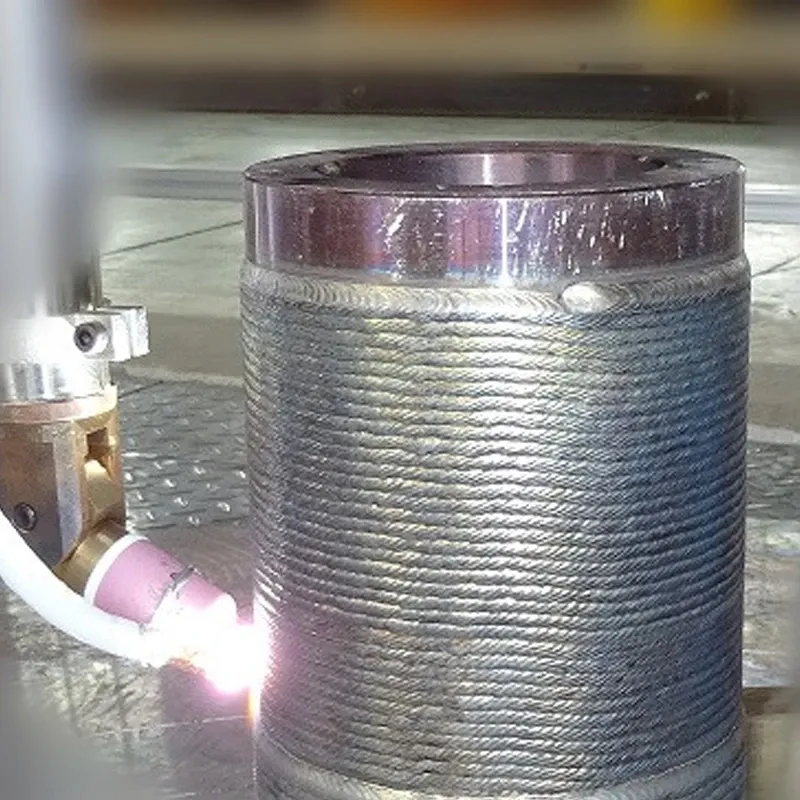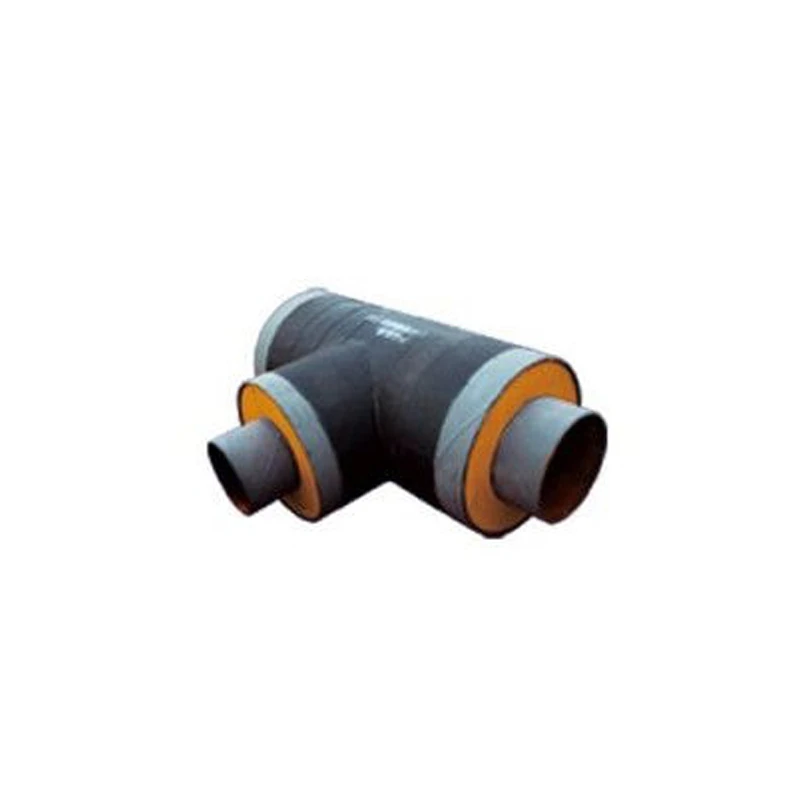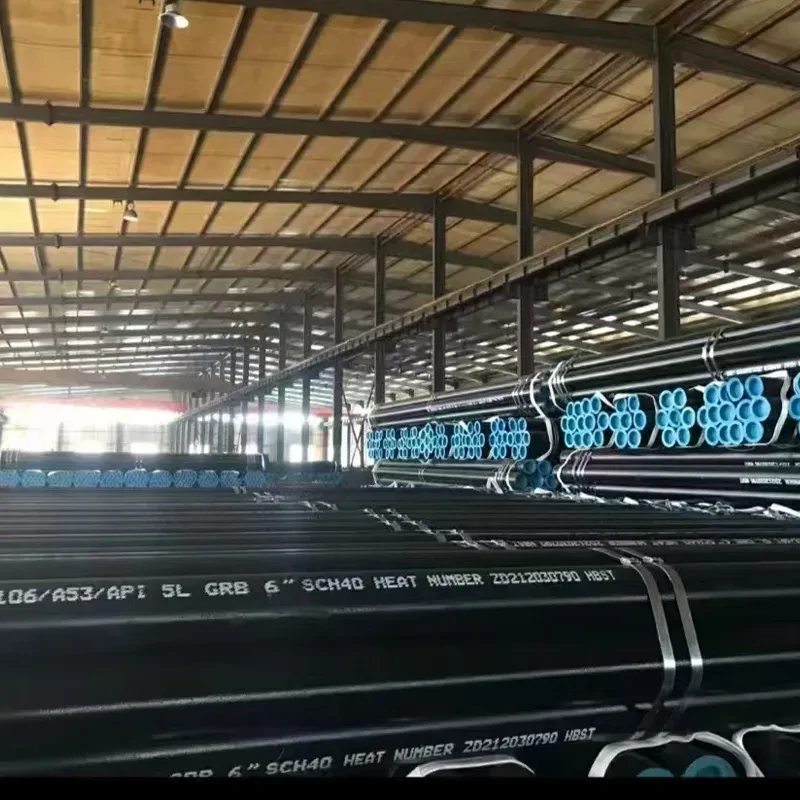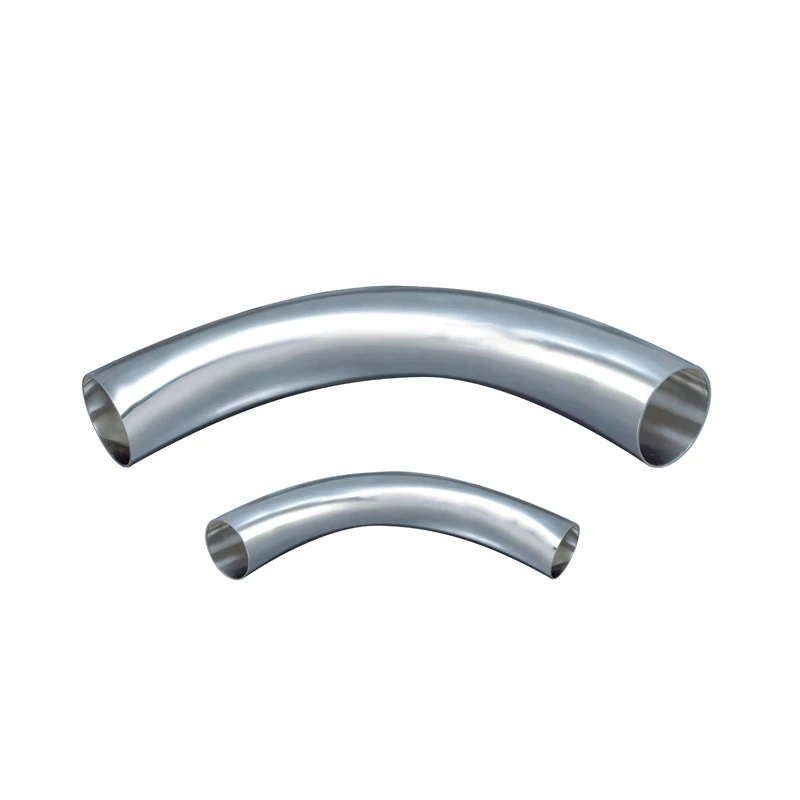Steel pipes are integral components in a wide range of industries, offering strength, durability, and versatility. Among the various types available, those related to alloy steel pipe, alloy steel tube, black steel gas pipe, black steel pipe, and black steel pipe for gas line play crucial roles in different applications, each with its own unique characteristics and advantages.

The Strength and Versatility of Alloy Steel Pipes and Tubes
Alloy steel pipe and alloy steel tube are highly valued for their enhanced mechanical properties compared to regular steel pipes. These pipes are made by alloying steel with other elements such as chromium, molybdenum, nickel, or vanadium. In the oil and gas industry, alloy steel pipes are often used for transporting high - pressure and high - temperature fluids. The added alloying elements provide increased resistance to corrosion, wear, and high - temperature degradation. For example, in deep - sea oil drilling operations, alloy steel pipes can withstand the harsh marine environment and the extreme pressures and temperatures encountered at great depths.
In the power generation sector, alloy steel tubes are commonly used in boiler systems. They can endure the high temperatures and pressures within the boiler, ensuring the safe and efficient transfer of steam. The excellent heat resistance of alloy steel tubes allows them to maintain their structural integrity even under intense thermal stress, making them essential for power plants to operate smoothly. Additionally, in the automotive industry, alloy steel pipes and tubes are used in exhaust systems, providing durability and resistance to the corrosive effects of exhaust gases.
Black Steel Pipes: A Staple in Gas Line and General Applications
Black steel pipe is a widely used type of steel pipe known for its simplicity and practicality. One of its significant applications is in gas lines, where black steel pipe for gas line and black steel gas pipe are preferred choices. Black steel pipes are suitable for natural gas and propane distribution systems due to their strength and ability to withstand the pressure of gas flow. They are often used in residential and commercial buildings to safely transport gas from the main supply to appliances such as stoves, water heaters, and furnaces.
Beyond gas line applications, black steel pipes are also utilized in various other construction and industrial settings. In structural applications, they can be used as support beams or columns, providing the necessary strength and stability to structures. In plumbing systems, black steel pipes can be used for water supply lines in some cases, especially in industrial or commercial settings where higher pressure and durability are required. Their relatively low cost and ease of installation make them a popular option for many projects.
Advantages and Considerations of Different Steel Pipe Types
When choosing between alloy steel pipe, alloy steel tube, and black steel pipe, several factors need to be considered. The primary advantage of alloy steel pipes and tubes is their superior strength and resistance to harsh conditions. However, they are generally more expensive than black steel pipes due to the cost of the alloying elements and the more complex manufacturing process. On the other hand, black steel pipes offer a more cost - effective solution for applications where the requirements are not as demanding in terms of corrosion resistance and high - temperature performance.
For gas line applications, the selection between different types of black steel pipes also depends on factors such as the gas pressure, the length of the line, and the local building codes. Black steel gas pipe and black steel pipe for gas line need to meet specific safety standards to ensure the safe transportation of gas. Additionally, proper installation and maintenance are crucial for all types of steel pipes to prevent leaks, corrosion, and other potential issues that could compromise their performance and safety.
FAQs about Steel Pipes
How to Ensure the Quality of Alloy Steel Pipes and Tubes?
To ensure the quality of alloy steel pipe and alloy steel tube, it is essential to source from reputable manufacturers. Look for manufacturers who adhere to international quality standards such as ASTM (American Society for Testing and Materials) or ISO (International Organization for Standardization). Inspect the pipes for any visible defects, such as cracks, dents, or uneven surfaces. Additionally, request material certificates that detail the chemical composition and mechanical properties of the alloy steel to verify its suitability for the intended application.
What Are the Installation Requirements for Black Steel Gas Pipes?
When installing black steel gas pipe or black steel pipe for gas line, it is crucial to follow local building codes and safety regulations. The pipes should be properly sized according to the gas flow requirements. Threaded connections should be sealed with appropriate pipe dope or tape to prevent gas leaks. The pipes should be supported at regular intervals to prevent sagging or stress on the connections. Additionally, proper ventilation should be provided in areas where the gas pipes are installed to ensure the safe dispersal of any potential gas leaks.
Can Black Steel Pipes Be Used for Other Fluids Besides Gas?
Yes, black steel pipe can be used for other fluids besides gas. In some industrial applications, it can be used for water supply lines, especially in systems where higher pressure and durability are required. However, for potable water applications, it is important to consider the potential for corrosion, as black steel pipes are more prone to rusting compared to some other materials like copper or plastic. In such cases, additional measures such as coating the inside of the pipe or using corrosion inhibitors may be necessary.
What Is the Difference between an Alloy Steel Pipe and an Alloy Steel Tube?
The main difference between alloy steel pipe and alloy steel tube lies in their dimensions and manufacturing processes. Pipes are typically larger in diameter and are measured by their nominal pipe size (NPS), which is an approximate indication of the inside diameter. Tubes, on the other hand, are often smaller in diameter and are measured by their outside diameter and wall thickness. Additionally, the manufacturing processes for pipes and tubes may vary, with pipes often being produced by seamless or welded methods, while tubes can be produced through cold drawing or extrusion processes.
How to Protect Black Steel Pipes from Corrosion?
To protect black steel pipe from corrosion, several methods can be employed. One common method is to apply a protective coating such as paint, epoxy, or galvanization. Galvanized black steel pipes are coated with a layer of zinc, which provides excellent corrosion resistance. Another option is to use corrosion inhibitors in the fluid being transported through the pipe, especially in cases where the pipe is used for water or other liquids. Additionally, proper installation and maintenance, such as ensuring proper drainage and avoiding water accumulation around the pipes, can help prevent corrosion.



